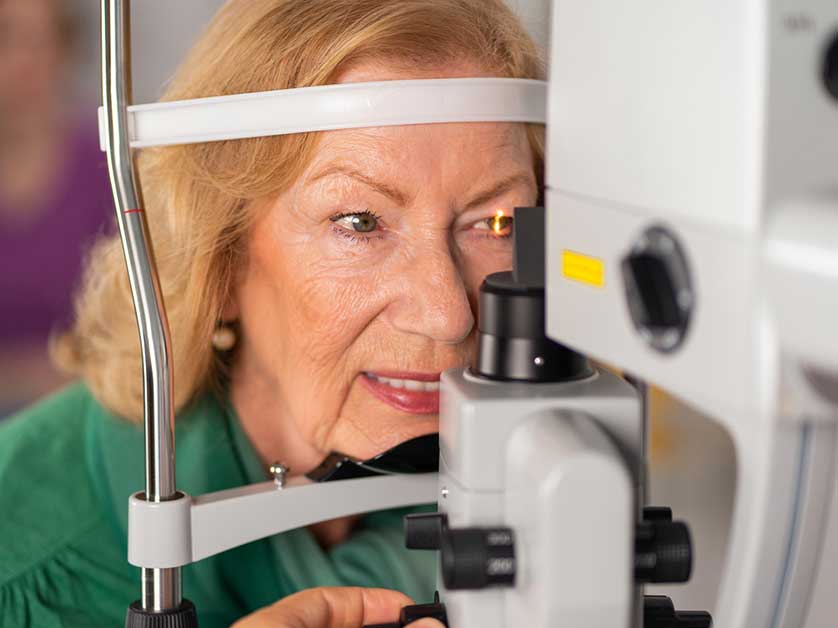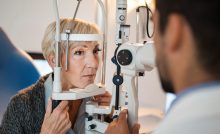Are Cataracts Preventable?


Cataracts are an inevitable part of aging. Depending on your age, lifestyle, and family history, you may develop this eye problem sooner or later. However, you can still protect your eye health by learning about the factors contributing to cataract development and the steps you can take to reduce the risk of having it. Read on as Vienna Eyecare Center discusses the top things you should know about this eye condition.


Risk Factors for Cataracts
Cataracts are primarily age-related, but other factors can contribute to the development of this eye condition. Apart from aging, ultraviolet (UV) radiation exposure, smoking, diabetes, obesity, high blood pressure and family history can affect your risk of having cataracts. Understanding these risk factors is the first step in preventing cataracts and maintaining good eye health.
Steps to Reduce the Risk of Cataracts
While you can’t stop the aging process, there are actions you can take to reduce your risk of cataracts. Scheduling regular eye exams with an optometrist is one way to stay proactive and monitor your eye health. Protection from UV radiation through sunglasses and hats helps minimize eye damage caused by the sun.
If you smoke, quitting is critical not only for your eye health but also for your overall well-being. Eating a balanced diet packed with nutrients and maintaining a healthy weight can help prevent eye issues related to obesity and diabetes. Finally, managing chronic health conditions such as diabetes or high blood pressure can reduce your risk of developing cataracts.
Treatment Options for Cataracts
If you suspect a cataract is affecting your vision, see an eye doctor for a thorough evaluation. Early intervention is key to maintaining your eyesight. Non-surgical treatments such as prescription glasses, bifocals or magnifying lenses may be recommended if the cataract is at its early stage.
However, cataract surgery is usually needed in more severe cases or when the eye condition has significantly progressed. This procedure involves removing the clouded lens and replacing it with a clear, artificial one. Recovery from cataract surgery is typically swift, and patients usually experience improved vision shortly afterward.
Preventing cataracts may not be entirely possible, but reducing your risk through proactive measures can make a significant difference. If you need an experienced eye care professional in Fairfax, VA, look no further than Vienna Eyecare Center. Call us at (703) 938-7633 or complete our contact form to schedule a consultation.
Recent Posts
Love Your New Glasses? Here’s How to Make Them Last Longer
Opting for a new pair of glasses not only marks an investment in your vision…
The Link Between Neck Pain and Your Vision
Neck pain is a common ailment that affects many individuals, causing discomfort and restricting daily…
Preparing for Your Eye Exam: Tips for Accurate Results
An eye exam is an essential aspect of maintaining optimal eyesight and overall eye health.…
How Stress and Your Mental Well-Being Can Impact Vision
In the bustling and picturesque city of Vienna, VA, Vienna Eyecare Center stands as a…
What You Need to Know About Dilated Eye Exams
Eye health is an essential aspect of your overall wellness, often overlooked until a problem…
Does Nearsightedness or Farsightedness Improve with Age?
Understanding the nuances of eye health, particularly how conditions like nearsightedness and farsightedness evolve with…







